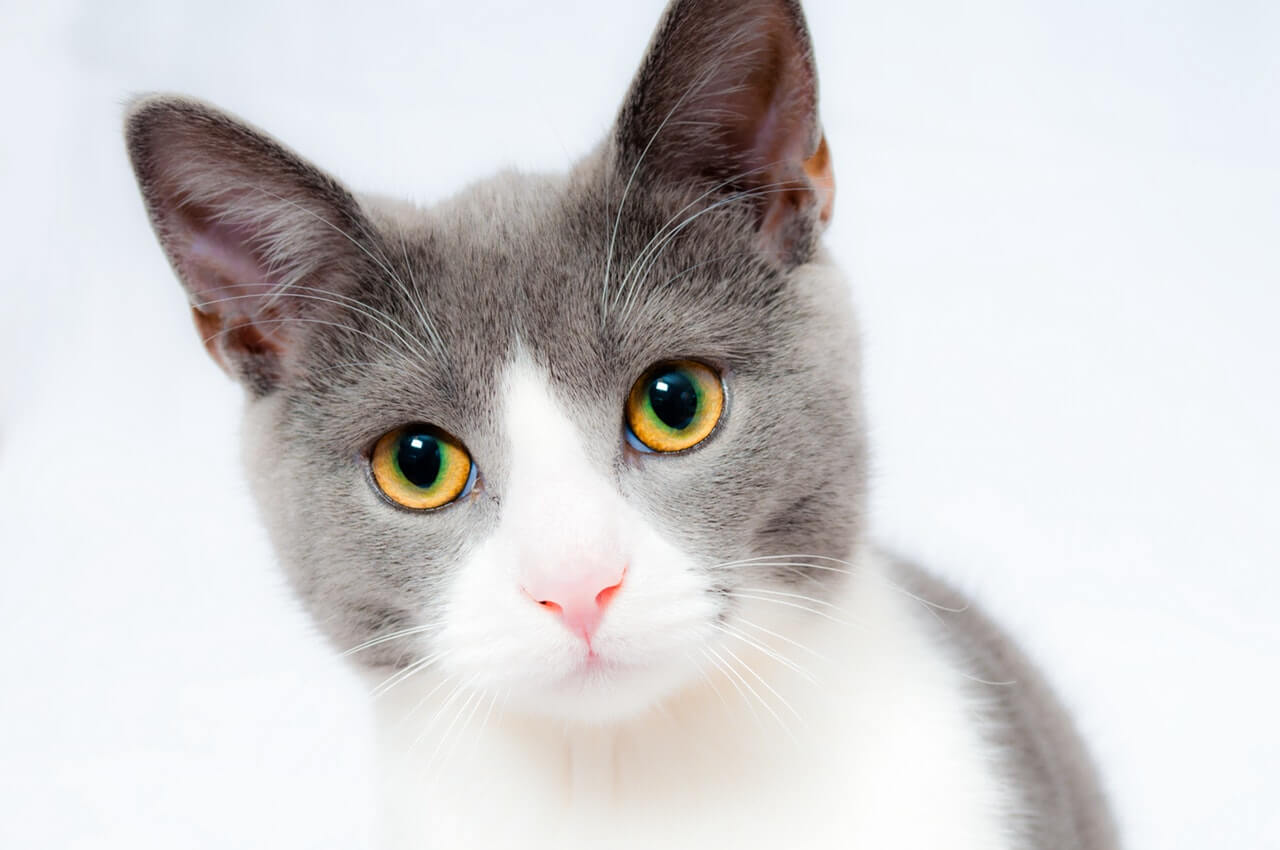
Many cat owners know that adding a cat to the family can change a person’s life. They have a lot to offer families such as love and loyalty. Having a pet cat teaches a child to be a compassionate and responsible human being.
As pet owners, we always want to see our beloved pets cheerful and full of energy. We do our best to provide what they need. Besides this, we also offer them healthy meals, take time to play with them, and take care of them. In this way, we do all of these tasks to ensure that they are thriving well and developing correctly.
But sometimes, no matter how much time and affection we shower them, they still get ill. As pet owners, part of our duty is to watch out for their health, and do what we can to protect them. The key to that is by making sure they get the right vaccinations.
Table of Contents
Why It’s Important to Get Your Cat Vaccinated?
Vaccination plays a key role when it comes to the overall happiness and endurance of your cat. Keeping our cats vaccinated allows them to combat the transmission and incubation of severe and sometimes fatal cat diseases.
It is essential for a vigorous lifestyle and appropriate bodily development. These vaccines are helpful to stop your pets from getting in poor health. By this, you provide them protection against a host of contagious ailments which can harm both animals and your family.
If you own a cat or looking to add one to the household, then it is necessary to know the role of vaccination in preserving your pet’s wellbeing. It is because some infections can easily transfer to other living beings.
It is essential by law. Aside from health and safety reasons, vaccinating your cat is also a legal requirement. In the US, rabies vaccination is mandatory, and some states require specific treatments for pets.
Vaccination is also a boarding requirement for pets. Facilities usually require complete vaccination paperwork. It ensures a safe environment and avoids the spreading of the contagious disease to other pets and owners in the facility.
Lastly, vaccinating your cat is more cost effective than having to spend on treatment in case your pet catches a disease. Contrary to popular belief, cat vaccine is inexpensive and quite easy to obtain.
Common Questions About Cat Vaccination
To help you better understand issues and concerns regarding cat vaccination, here are a few of the questions most frequently asked.
1. Are kitten and cat shots necessary?
The correct answer to this is a resounding yes. A cat’s well-being should be a significant responsibility of its owner, and this includes longevity and quality of life. Vaccination plays an integral role in the longevity aspect since it is medically proven to prevent life-threatening cat diseases.
2. Which cat vaccines are most useful?
There can be different useful vaccines. It includes Feline Leukemia, Rabies, and some other Cat vaccines.
We can divide pet vaccination into the core and non-core vaccines. Core vaccines are the ones that cats need to receive regardless of age, habits, environment or circumstance. It acts as a preventive measure against contracting deadly diseases. Non-core vaccines are dependent on the animal’s living condition which can include environment, lifestyle and geographic location.
3. Are cat vaccines a requirement of law?
Mandatory Rabies vaccination is being implemented in the United States. It is primarily because of the danger rabies pose to human beings. Even though some vaccines are only mandatory in individual States, it is still best to take your cat for shots to protect them from diseases.
4. How often should I get my cat vaccinated?
The waiting period between vaccinations depends on the pet’s age. Kittens are usually vaccinated three times within a six month period. Succeeding shots can be yearly, or even as long as every three years, depending on the pet’s environmental support and condition.
5. When should I start having my kitten vaccinated?
It is preferable to give the first round of vaccines to kittens when they are 6-8 weeks old. However, you should not give the final dose to kittens who are younger than 16 weeks. It is to avoid the possibility of the mother’s milk interfering with the vaccine.
6. What happens if my pet misses a vaccine?
As a rule, maternal antibodies produced through milk should not be present in your pet’s system for the vaccine to work. If your cat is over a year old, then boosters may no longer be necessary.
7. Will there be any side effects or adverse reaction?
Although most cats don’t show any side effect, there are some cases when some symptoms do occur. It may range from soreness in the injection site, to fever and mild allergic reactions. These may pass in a day or two. However, in rare cases, serious adverse effects occur. These effects may include an immune disease related to the vaccine, or granulomas (tumors) on the injection site.
If you observe your cat showing any of the following symptoms for more than two days, take it to the vet at once.
- Weakness
- Difficulty in breathing
- Loss or decrease in appetite
- Vomiting
- Diarrhea or Loose stool
Some rare side-effects of cat vaccination can include:
- Issues with the reproductive system
- Haemolytic Anaemia
- Temporary limp
- Sarcomas
Sarcoma is the worst side effect that can happen after vaccination. Since tumor extraction is possible, early detection and monitoring of your cat is essential to ensure safety.
Although it may sound scary, in reality, the benefits of vaccination far outweigh the risks. As with any method, there is always the possibility of having slightly adverse side effects, but it’s riskier not to get your cat vaccinated and expose your animal to severe diseases.
Conclusion
While it is true that cats are independent and friendly creatures, they need us to look out for them about their health and wellbeing. Giving them the chance to receive the proper shots or vaccination is an excellent way of showing how much we love them.
As they say, prevention is forever better than cure. Treatment offers us the peace of mind and assurance that our feline friend will live a long, happy and healthy life. After all, cats don’t have nine lives. They have only one. And it’s up to us to take good care of that.
You May Also Interested In:
Share this:
- Click to share on Twitter (Opens in new window)
- Click to share on Facebook (Opens in new window)
- Click to share on Tumblr (Opens in new window)
- Click to share on Pinterest (Opens in new window)
- Click to share on Reddit (Opens in new window)
- Click to share on Telegram (Opens in new window)
- Click to share on WhatsApp (Opens in new window)
- Click to print (Opens in new window)
